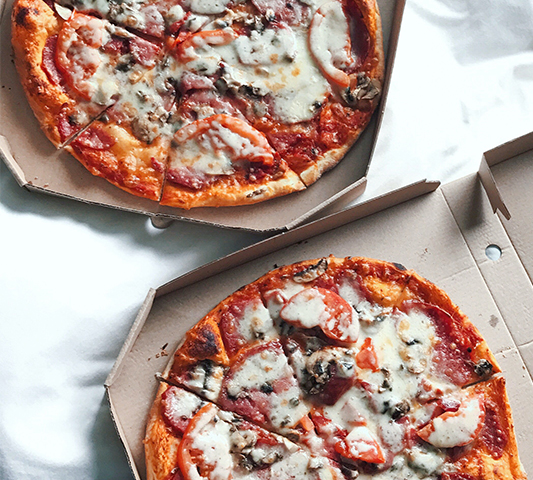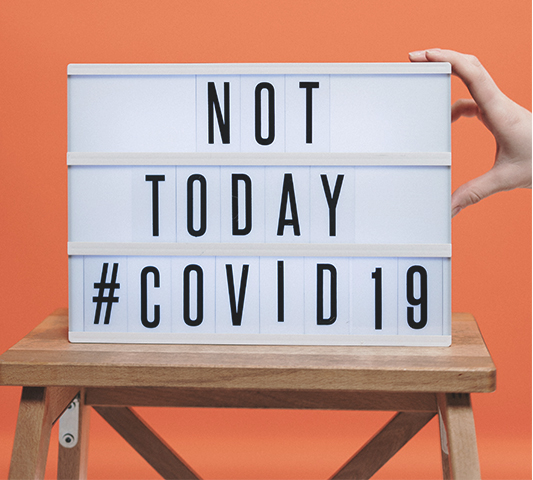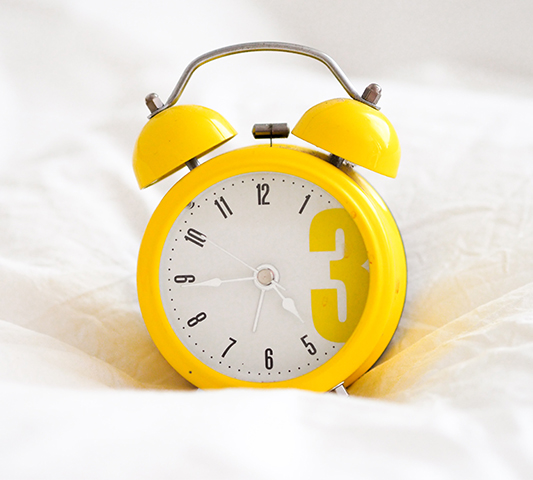Why cheat days might not be so bad for us after all

If you’ve overindulged on lockdown takeaways don’t beat yourself up too much. A new study from the University of Bath compared the effects of normal eating (until you’re comfortably full) and maximal eating (until you can’t manage another bite) and found that our metabolism can be surprisingly good at coping with isolated overindulgence. The researchers ran an ‘all you can eat pizza trial’ involving healthy men (aged 22-37) consuming an average of more than 3,000 calories worth of pizza in one sitting – some participants managed 2.5 pizzas each! Despite ticking off well over the daily recommended calorie intake in one go, the number of nutrients in the participant’s bloodstreams remained within the normal range. This indicates that if an otherwise healthy person overindulges occasionally, there are no immediate negative consequences when it comes to losing metabolic control, say the researchers. “The body actually copes remarkably well when faced with a massive and sudden calorie excess,” explains lead researcher Aaron Hengist. “Healthy humans can eat twice as much as 'full' and deal effectively with this huge initial energy surplus.” The researchers do note that the term occasional is key, acknowledging that prolonged food overindulgence is directly associated with obesity, type II diabetes and cardiovascular disease.
The COVID-19 risk factor that affects men but not women

In recent months, plenty of experts have been highlighting how old age, chronic health conditions and obesity combined contribute to increased COVID-19 risk. Now a new study spells out that obesity stands alone as an independent risk factor for death by COVID-19 – most notably in males under 60. The insights come after scientists conducted a retrospective cohort study of 6,916 patients in Southern California. They found that obesity plays a profound role in the risk of death from COVID-19 in male patients and younger populations. Among women suffering from the disease, there was no link between a high body mass index and an increased risk of dying at any age. The authors suspect it's because women carry weight differently to men, and they don't tend to have the same levels of visceral and abdominal fat.
Early bird vs night owl: what does it mean for your health?

Finnish researchers have found that early risers are naturally more active than their night time-loving counterparts. Those who wake early typically clock up the equivalent of an extra 20-30 minutes of walking each day. And it’s not because they squeeze in morning exercise sessions. The scientists noted that most of the extra energy expenditure was spread across the day and not from formal exercise.
The findings come after researchers leveraged an ongoing study of 12,000 people who were born in Finland’s Oulu in 1966 and selected almost 6,000 of the now 46-year old participants. They completed an in-person medical exam and a variety of questionnaires, designed to determine their chronotypes (preferred sleep cycles). Participants then spent two weeks wearing an activity tracker and provided objective data about their physical activities. Comparing the patterns of movement with the ticking of their internal clocks, researchers found that regardless of health, profession and socioeconomic status, men and women who got up early moved significantly more than those who stayed up late at night.
So should we all start trying to wake at dawn? Good luck with that! Our individual body clocks and chronotypes are born from everything from genetic inclinations to hormones and biochemical signals, so you can’t just flick a switch from night owl to early bird. Interestingly, past studies have shown that, while our chronotypes are hard to change, they do tend to evolve over the years. Most of us have a morning or day chronotype when young, late-night tendencies during adolescence and young adulthood, and by middle age, we are back in the morning or day time. So if you’re a night owl, don’t try and fight it – there’s a good chance it may change over time. In the meantime, just recognize that you may need to work a little harder to keep your daily exercise levels up.
Hugs can be a huge help for your mental health

Back in April, a survey of people in lockdown found that about 60 percent were feeling touch-deprived. According to Professor Tiffany Field, from the Touch Research Institute at the University of Miami, those reporting touch deprivation also scored high on scales measuring anxiety, depression, fatigue, sleep issues and post-traumatic stress. Now, a new study of 1,000 US adults has revealed those who frequently hugged, kissed, or spent time with friends and family were 26 percent less likely to report symptoms of depression and 28 percent less likely to report loneliness. Lead researcher, Molly Rosenberg at the Indiana School of Public Health in Bloomington, says it's the physical touch that's key: "We saw stronger mental health benefits from types of contact that involved touch, which aligns well with the benefits we know come from close touching, like decreased heart rate, higher levels of oxytocin and lower levels of cortisol."
Of course, with COVID-19 risk still running high, spreading your hugs far and wide is not recommended. Experts suggest you make your own risk assessment and limit your physical connections to those you are close to.








